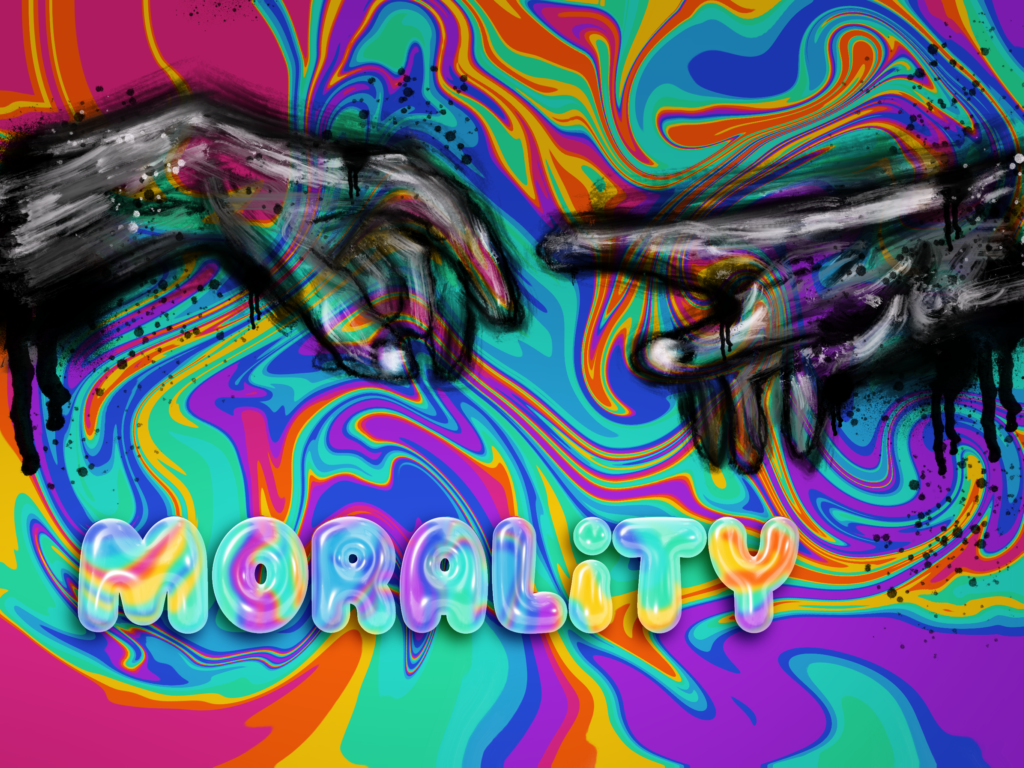
Brands Advertising Talent
Don't Hate the Player, Hate the Game: The Evolution of Morality Clauses
The modern-day morality clause signals a new era where not just brands but also creative contributors have the power to demand respect and protection
READ TIME:
2 mins

It's been said that "Opinions are like arseholes, everyone's got one..." and in such divisive times this crude proverbial saying has never felt more true.
The famous - infamous - Jaguar re-brand, a case in point.
Whatever side you're on, if you take sides, it would appear patience is wearing thin for purpose driven marketing and advertising.
But voicing opinions is good, right?
Ad agencies sell their services on driving brand engagement.
Perhaps that's Jaguar's master plan.
All publicity is good publicity. Some think it's genius, others crap. Who cares - it's engagement.
But it depends on how you measure and value this engagement. And will it translate into sales when they actually start making cars.
The "Jaguar Effect"...
I could go on and on with similar theories but what do I know.
Online Abuse
One thing I am certain on though is the escalating volume of online hate these things provoke.
Perhaps it's a sign of the times, the political landscape, ignorance - whatever, but the amount of abuse and vitriol over a rebrand is alarming.
With associated individuals and talent who worked on the campaign being called-out over protected characteristics such as their sexuality.
There is no doubt an urgent need for better online laws and regulation.
Morality Clauses
However, in the meantime, an interesting development is taking place in contracts that framework such campaigns in the name of morality clauses.
These clauses are also known as disrepute clauses or morals clauses.
A morality clause gives one party the unilateral right to suspend or terminate a contract if the other engages in conduct that could have a negative impact upon the other party.
These can be drafted more or less broadly to encompass a wide-range of misconducts, misbehaviours or even events.
Nike x Lance Armstrong, Adidas x Yeezy (Kanye West) are good examples.
Historically, they are used as a corporate shield to distance brands from scandal.
But now, with such an increase in exposure, scrutiny and volatility in both directions, they are being flipped on their heads and adapted to protect creative contributors, talent and collaborators as well.
This trend reflects an increasing awareness of the reputational risks for all parties involved in high-profile campaigns.
A sign of the times.
By Jack Jones
Published November 2024